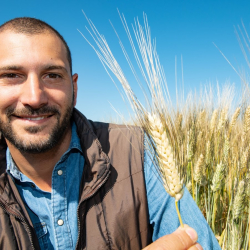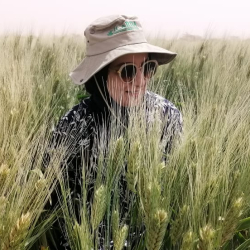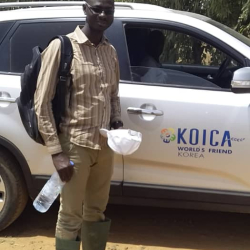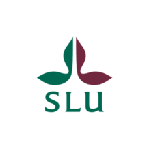The project aim and research activities are fundamentally oriented to deliver durum wheat superior cultivars, for those areas where it is affected by heat stress, with a special focus on the Senegal River region. This will be possible through the ICARDA's heat tolerant genotypes and the genomic selection technique. The analysis and selection of the different durum wheat lines will be done in Morocco, Senegal and Mauritania. The new varieties will contribute to help farmers having constant harvest and reduce food risks caused by climate change. Then, through various training activities, the capacity decision of the local staff will be enhanced in order to ensure the lasting of the results once the project will be completed. So, by an accurate use of the available resources, technologies and the capacity development of the staff involved in the various activities, it will be possible to achieve the final goal of the project, consisting in the reduction of risk hunger in heat affected areas and revitalization of rural communities.











